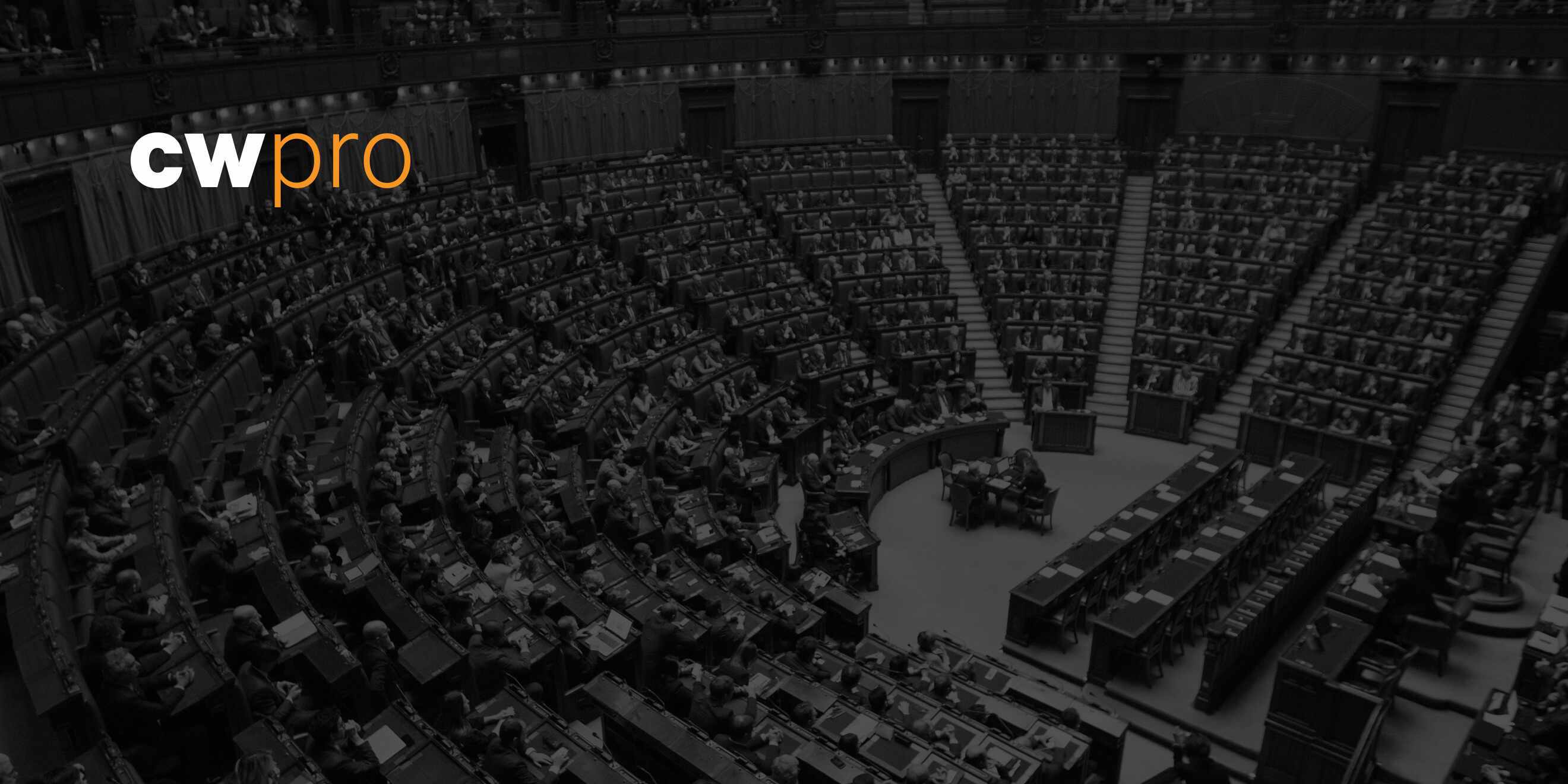Government agencies in Singapore are on high alert for potential electoral interference as the country prepares for its upcoming presidential elections on September 1st. The Ministry of Home Affairs (MHA), Cyber Security Agency of Singapore (CSA), and the Elections Department (ELD) have issued a joint statement warning presidential candidates and their campaigns about foreign attempts to influence the democratic process through covert and deceptive means. The threats envisioned include disinformation campaigns and cyberattacks.
Singaporean authorities are well aware that no country is immune from foreign attempts to manipulate domestic politics, and they aim to protect the integrity of their electoral process. Singapore has taken proactive measures to enhance its cybersecurity posture in recent years, recognizing the increasing impact of cyber threats on national security. This includes establishing the CSA, which serves as the national cybersecurity agency responsible for safeguarding Singapore’s critical information infrastructure.
The joint news release emphasizes the importance of raising awareness among presidential candidates and their campaign teams about the potential risks they face. It highlights the need for vigilance and the implementation of robust cybersecurity measures to mitigate potential threats. By urging candidates to be alert to foreign attempts to influence the elections, the government agencies are sending a clear message that Singapore takes electoral interference seriously and is committed to ensuring the integrity of its democratic process.
In a related news development, the U.S. Consumer Financial Protection Bureau (CFPB) has announced its plans to regulate data brokers. This move comes after the Bureau’s director, Rohit Chopra, expressed concerns about the illegal collection and sharing of consumer data by modern-day data brokers in the surveillance industry. The CFPB aims to hold these entities accountable and prevent them from engaging in predatory practices that harm vulnerable consumers.
The CFPB’s decision to regulate data brokers is informed by a study conducted earlier this year, which revealed that these brokers often provide information about consumers in financial distress to other companies that then exploit them with predatory debt products. The study’s findings underscore the need for increased consumer protection measures and the regulation of data brokers under existing laws, such as the Fair Credit Reporting Act.
The CFPB’s regulatory efforts also consider the growing role of artificial intelligence (AI) and its implications for consumer privacy. As AI technologies increasingly rely on massive amounts of data, there is a corresponding increase in surveillance and intrusive data collection practices. Consequently, the CFPB sees a need to address these concerns and ensure that consumer data is used responsibly and ethically.
In addition to regulating data brokers, the CFPB is also working on issuing guidance for cloud providers. The Cybersecurity and Infrastructure Security Agency (CISA) is directing its efforts toward developing configuration baselines for widely used cloud products like Microsoft 365 and Google Workspace. This initiative, known as the Secure Cloud Business Applications (SCuBA) project, aims to enhance the security of cloud environments and protect critical infrastructure from cyber threats.
Grant Dasher, the architecture branch chief for the Office of the Technical Director for Cybersecurity at CISA, has stated that guidance will soon be issued for Microsoft 365, and the agency is nearing the release of an updated version of the SCuBA baselines. These baselines are designed to be prescriptive and specific, providing organizations with clear guidelines for ensuring compliance and mitigating security risks.
The issuance of guidance for cloud providers is a crucial step in bolstering cybersecurity defenses, especially in light of recent cyber espionage campaigns like the one attributed to Chinese actors. By establishing best practices and standards for cloud configurations, CISA aims to enhance the overall security posture of cloud environments and safeguard against potential cyber threats.
In conclusion, Singapore and the United States are taking proactive measures to address cybersecurity challenges in their respective domains. Singapore is on high alert for potential electoral interference and is urging presidential candidates to be vigilant against foreign attempts to influence the upcoming elections. The U.S. CFPB is stepping up its regulatory efforts by targeting data brokers and strengthening consumer protection measures. Additionally, CISA is working toward issuing guidance for cloud providers to enhance the security of cloud environments. These initiatives demonstrate a shared commitment to ensuring the integrity of democratic processes and safeguarding critical information infrastructure.
